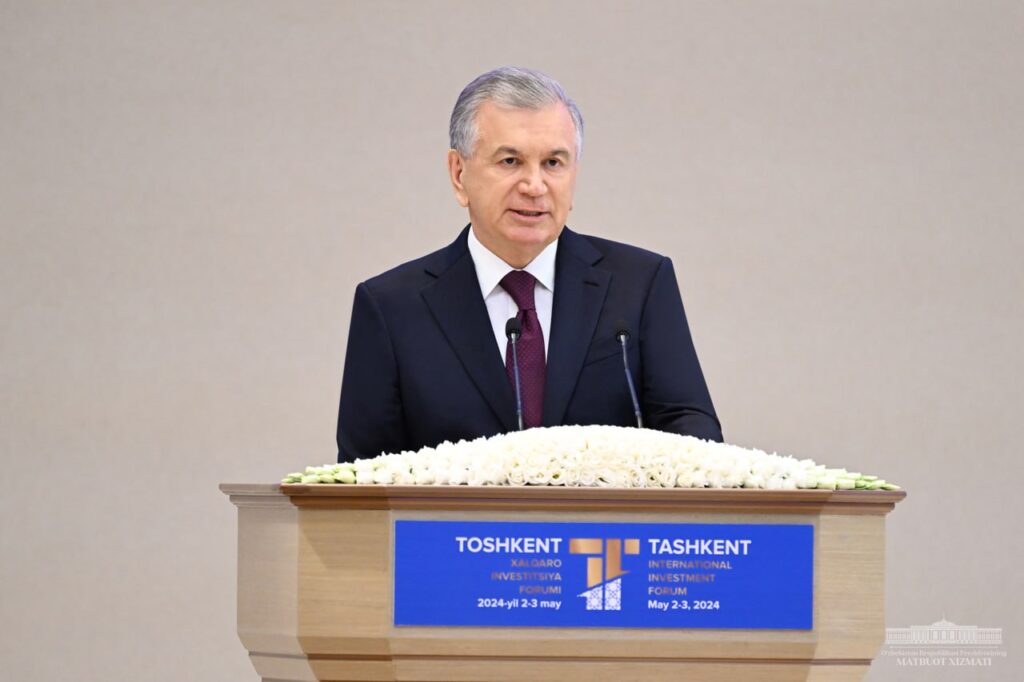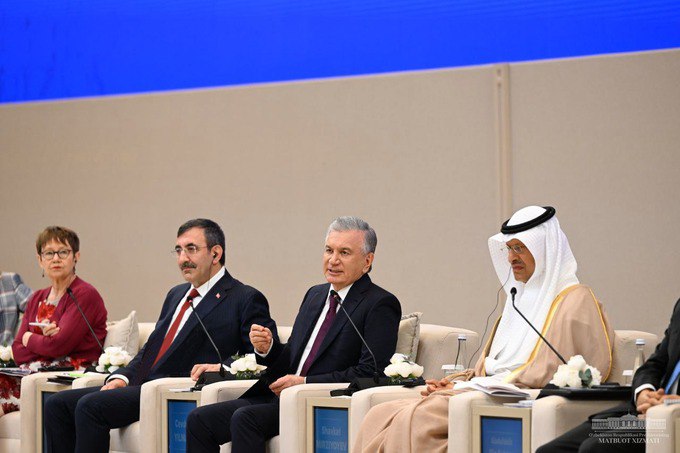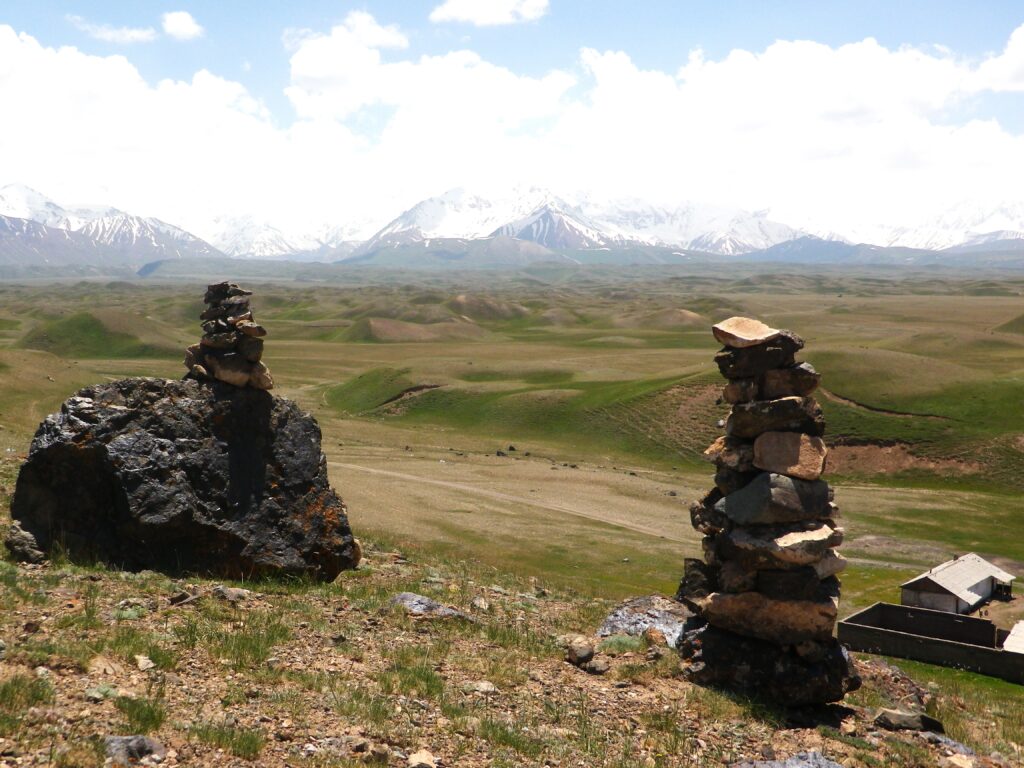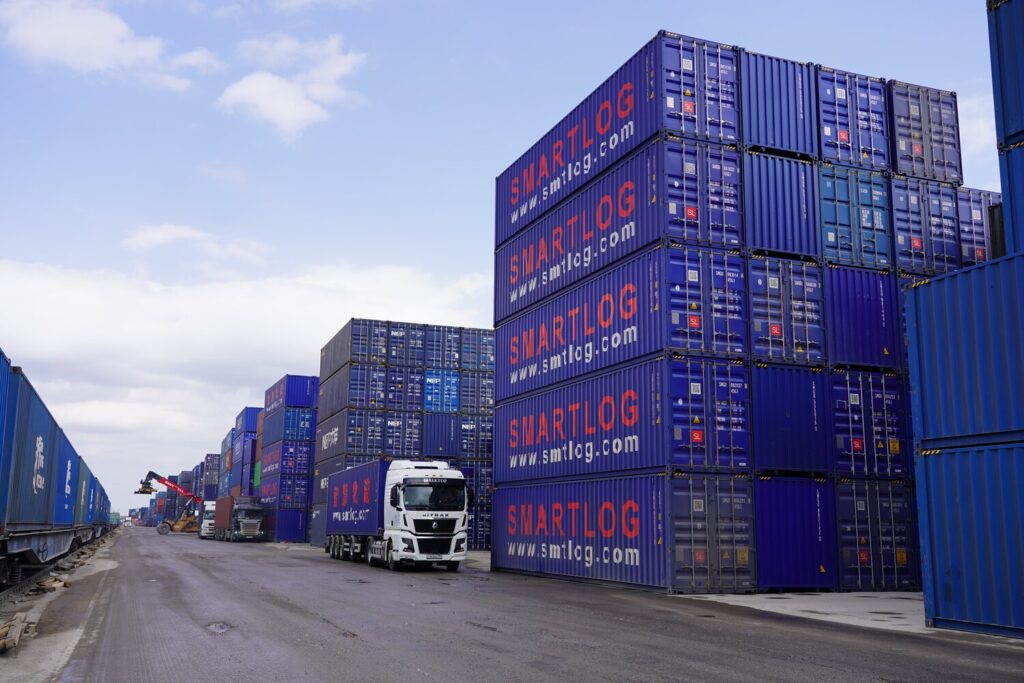Uzbekistan’s President Guarantees Protection of Foreign Investors’ Rights
Addressing the Tashkent International Investment Forum, Uzbekistan President Shavkat Mirziyoyev remarked that in recent years, his country had attracted more than $60 billion in foreign investment, in over 300 joint industrial projects. Regarding the goal to attract further foreign partnerships, he continued, “Our state guarantees development of market relations, reliable protection of investors’ rights, improvement of favorable investment and business environment, creation of wider opportunities and conditions for fair competition, ensuring inviolability of private property and independence of [our] judicial system.”
To achieve its aims, Uzbekistan has adopted a new version of the law “On Investments” in accordance with World Trade Organization (WTO) standards. Despite not yet ratified by Uzbekistan, the International Commercial Court (ICC), is already operating in the country, and the terms of land lease for foreign investors have been increased from 25 to 49 years. Uzbekistan’s head of state also announced plans to introduce new approaches to the system of industrial zones, the management of which will involve experienced foreign companies.
Drawing attention to the country’s wealth of natural reserves, the president noted, ” Our country has colossal resources of gold, copper, tungsten, silver and uranium. Along with rare and unique minerals, we have deposits of more than 30 rare earth metals such as lithium, magnesium, molybdenum, germanium, vanadium and indium. ”
He emphasized Uzbekistan’s ongoing negotiations with the U.S. and the UK on cooperation in the field of critical raw materials (CRMs) and extended an invitation to leading companies to develop projects concerning the deep processing of strategic raw materials and the creation of a value-added chain of refining and processing.
Mirziyoyev mentioned the forthcoming construction of the Trans-Afghan railroad and upgrades to existing international airports in Tashkent, Bukhara and Urgench planned with the cooperation of foreign investors, and with reference to improved logistics, stated, “These strategic projects will radically change the geo-economics situation in the region and turn Central Asia into a global transit centre connecting North and South, East and West.”
This year’s Tashkent Investment Forum was attended by 2,500 delegates including government leaders, heads of major companies and representatives of the United Nations (UN), European Bank for Reconstruction and Development (EBRD), the Organization of the Petroleum Exporting Countries (OPEC) and the Shanghai Cooperation Organization (SCO).








